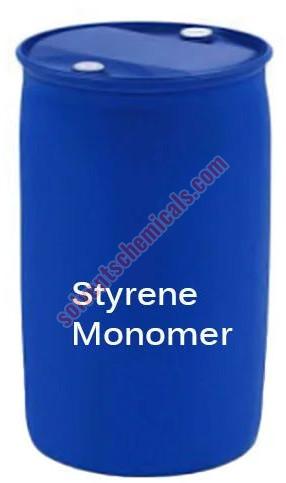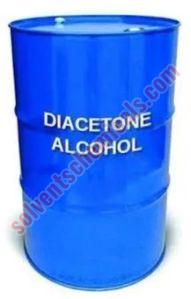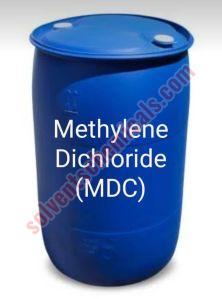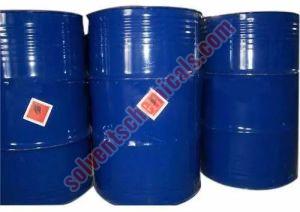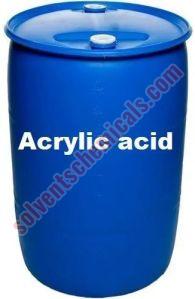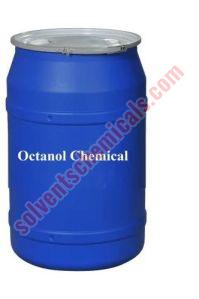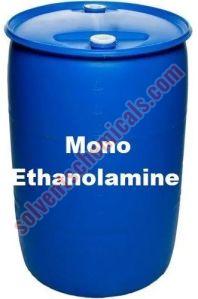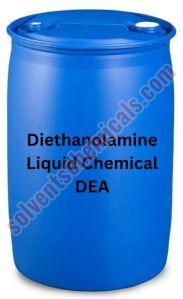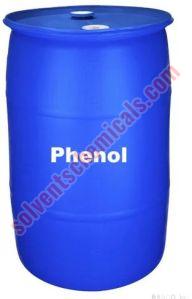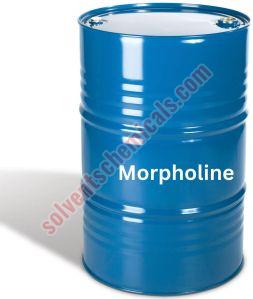- View Mobile Number
204 Kilogram (MOQ)
| Business Type | Exporter, Supplier, Trader, Distributor, Importer |
| Purity | 99.8% |
| Country of Origin | India |
| Appearance | Colorless Oily Liquid |
| Click to view more | |
Product Details
Styrene is a colorless liquid with a sweet, aromatic odor. Its chemical formula is C₈H₈, and it’s an aromatic hydrocarbon, which means it contains a benzene ring—a six-carbon ring with alternating double bonds—attached to an ethylene group.
Here are some key points about styrene:
1. Uses:
- Polymers and Plastics: Styrene is primarily used in the production of polystyrene, a common plastic found in products like disposable cutlery, insulation, and packaging materials. It's also a key component in other polymers, such as styrene-butadiene rubber (SBR), which is used in tires and various industrial applications.
- Resins: It's used to make various types of resins, including unsaturated polyester resins, which are used in fiberglass-reinforced products, automotive parts, and construction materials.
- Chemical Intermediates: Styrene is a precursor in the production of other chemicals, including styrene butadiene latex, used in paints and coatings.
2. Production:
- Styrene is produced mainly through the dehydrogenation of ethylbenzene, which is derived from benzene and ethylene. This process typically involves heating the ethylbenzene in the presence of a catalyst.
3. Reactivity:
- Styrene is a reactive compound due to its double bond and aromatic ring. It can undergo polymerization to form polystyrene and other copolymers.
4. Safety:
- Styrene is flammable and can be hazardous if not handled properly. Exposure to high levels can cause irritation to the skin, eyes, and respiratory system. It’s also considered a possible human carcinogen, so safety measures, including proper ventilation and protective equipment, are important when working with it.
5. Environmental and Health Impact:
- Styrene has been studied for its potential health effects, including its possible carcinogenicity. Long-term exposure to high levels can lead to various health issues, so it’s crucial to follow safety guidelines and regulations to minimize exposure.

